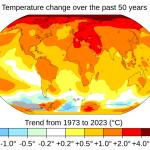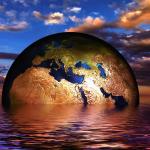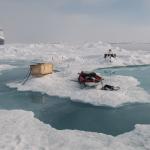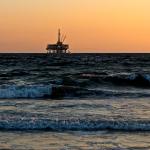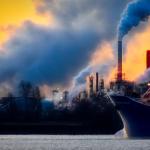As our climate continues to warm, torrential rains, ferocious winds, and deadly storm surges like those of recent hurricanes Helene and Milton are becoming increasingly likely occurrences in the Southeastern United States.
global warming
Recently, I spoke with John Batchelor on his radio program about a novel solution to combat climate change developed with my MIT classmate, Tom Hafer, an engineer and skilled systems developer.
My children both want homes, but they, like many of their generation, find that this American dream is beyond their reach. Why is housing so expensive?
Because climate-change deniers are no longer able to say, with a straight face, that the climate isn’t changing, they resort to a host of irrelevancies. First, it was that the phenomenon was natural, the climate has always changed.
In a May Senate hearing, Sen. John Kennedy (R-LA) managed to extract from the deputy energy secretary three critical admissions concerning emissions.
The compulsion to be seen as doing something in response to perceived public health or environmental concerns is a syndrome endemic in the political class and, increasingly, the mass media.
Not surprisingly, others have pondered this question as well.
Evolution by natural selection suggests that organisms adapt to their environments.
Come gather ‘round people wherever you roam
And admit that the waters around you have grown …
“Electricity, the unseen force that powers our modern world, is a beacon of progress and a catalyst for change.
